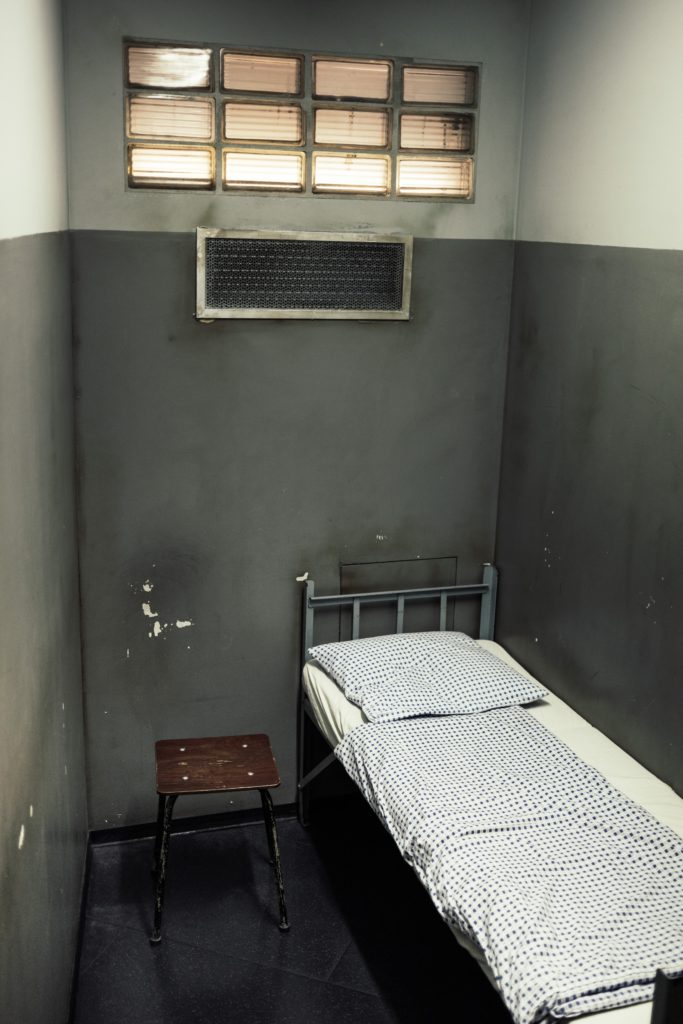
Reproductive Justice Disrupted: Mass Incarceration as a Driver of Reproductive Oppression
Kima gave birth to baby Koia on a bright fall day. It was an uneventful birth, except for the looming presence of a sheriff’s deputy stationed outside the delivery room. Kima—a pseudonym of an actual incarcerated mother whose full narrative is documented in the book Jailcare: Finding the Safety Net for Women Behind Bars1—was incarcerated at the local jail, charged with shoplifting and violating probation, and could not afford her bail. Kima was allowed to bond with and breastfeed her baby in her postpartum room—until 12 hours after birth, when a nurse abruptly removed the baby from Kima’s arms and nervously explained that the baby had to go to the nursery. Child protective services had put a police hold on baby Koia—which meant that Kima could only spend time with the baby there, one arm chained to a wheelchair and a deputy lurking nearby—because Kima’s sister, who agreed to care for the baby until Kima’s release, had a child protective services record. Although a supervisor later indicated that the police hold was unnecessary, it was too late for Kima, who had already returned to jail.1 While the child protective services worker’s actions may have been legal, they were not ethical or just.